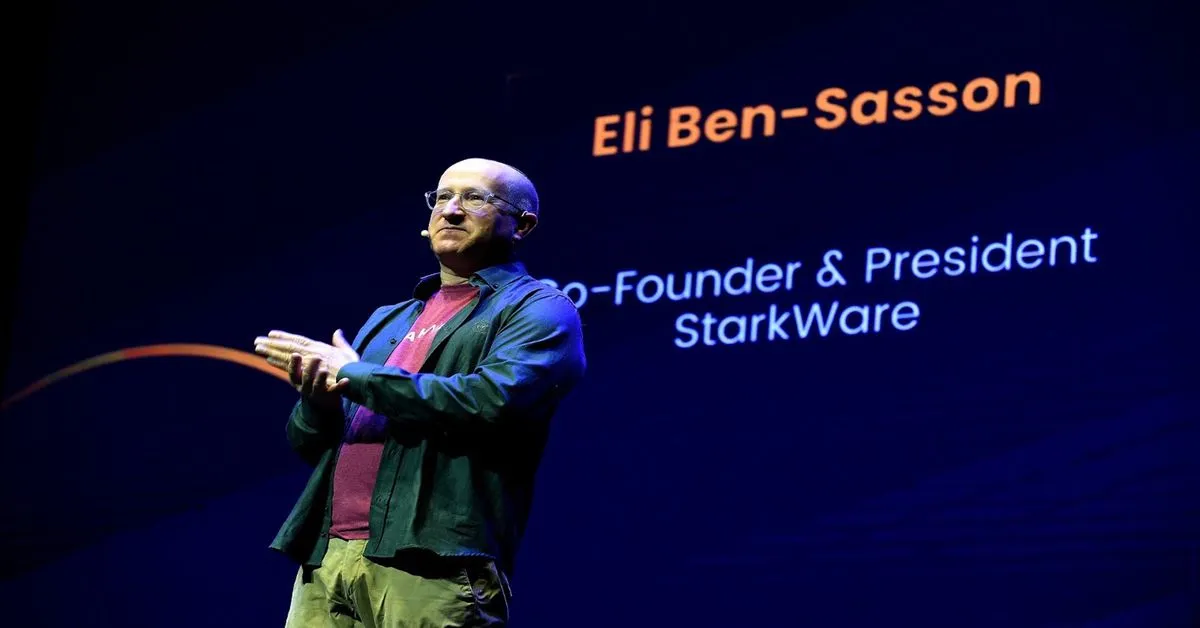As blockchain technology continues to evolve, users who want to swap assets between different chains are increasingly dependent on bridges that are prone to problems and attacks. According to Chainalysis, bridge attacks accounted for 69% of all cryptocurrency stolen in 2022, with over $2 billion siphoned away. To address this issue, some blockchain developers are turning to “storage proofs” as a trustless solution.
Storage proofs are a cryptographic method that allows users to “prove” that certain data, transactions, or assets on a blockchain are true or valid, without having to rely on a third party. Eli Ben-Sasson, co-founder of Starkware, the company behind the Starknet blockchain, explains, “Today, you hand over money to third parties to transport over a bridge. Anyone can be lurking, waiting to ambush you and steal money. Storage proofs will let you just press a button and more-or-less teleport liquidity from chain to chain. It’s a dramatic difference.”
Starknet will be the first network to have storage proofs natively integrated, after it goes through a security audit later this year. Currently, Starkware’s Goerli testnet has storage proofs built on it by a team called Herodotus, so project developers can experiment with the new setup. Storage proofs aim to enable “trustless” cross-chain bridges, using cryptography to eliminate the need for third-party “oracles” to track assets between chains.
The method could be particularly useful for tracking assets between Ethereum and its growing community of “layer 2” chains – faster, cheaper networks that operate alongside Ethereum and rely on bridges to communicate with it and between each other. With storage proofs, users can “prove mathematically – and using the integrity of math – to assert that you indeed own this asset on Ethereum,” Ben-Sasson said. “You don’t need intermediaries, you just need the power of math.”
One team working on storage proofs is Herodotus, which is focused on bringing them to Ethereum’s layer 2 platforms. To make storage proofs more efficient, Starkware turned to zero-knowledge (ZK) cryptography, allowing for smaller and more efficient computation. Kacper Koziol, co-founder of Herodotus, explains, “We can simply prove that it was computed in a valid manner and just do the verification of the computation.”
